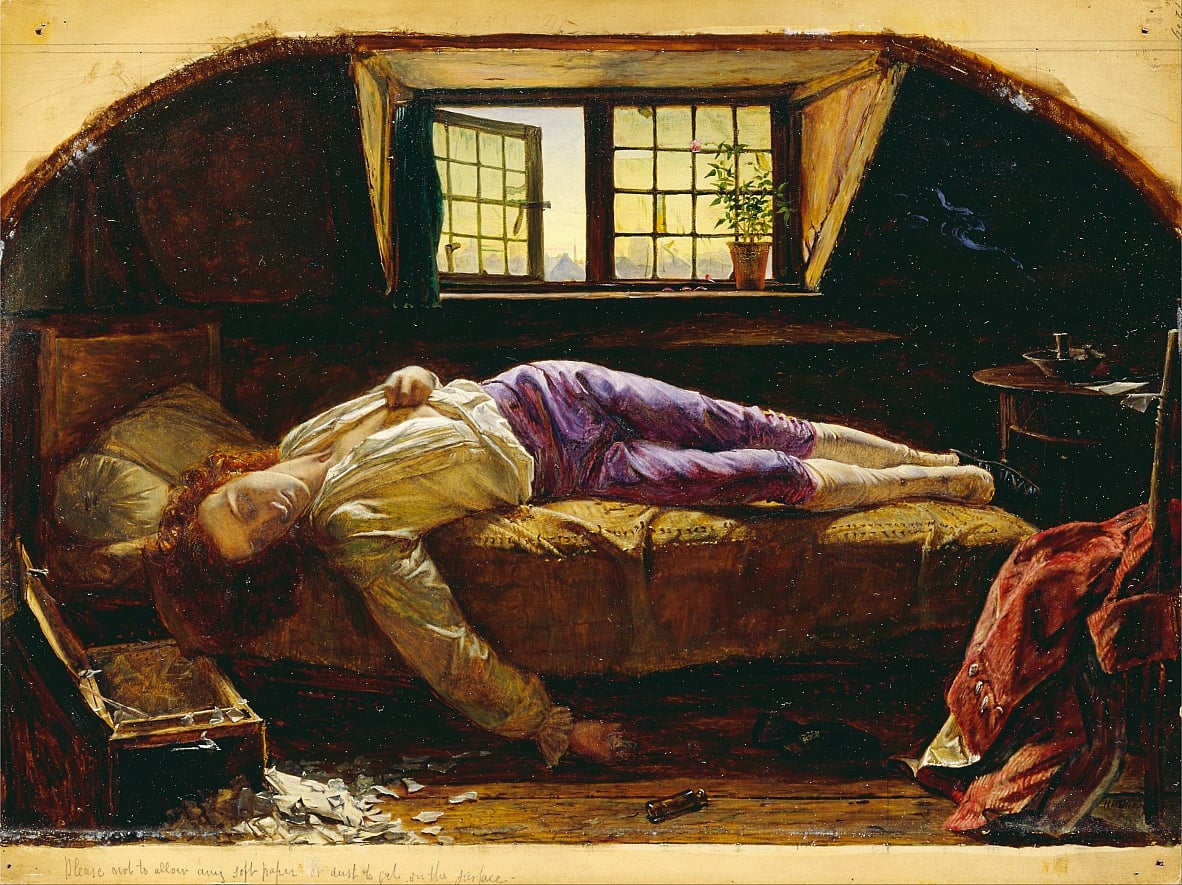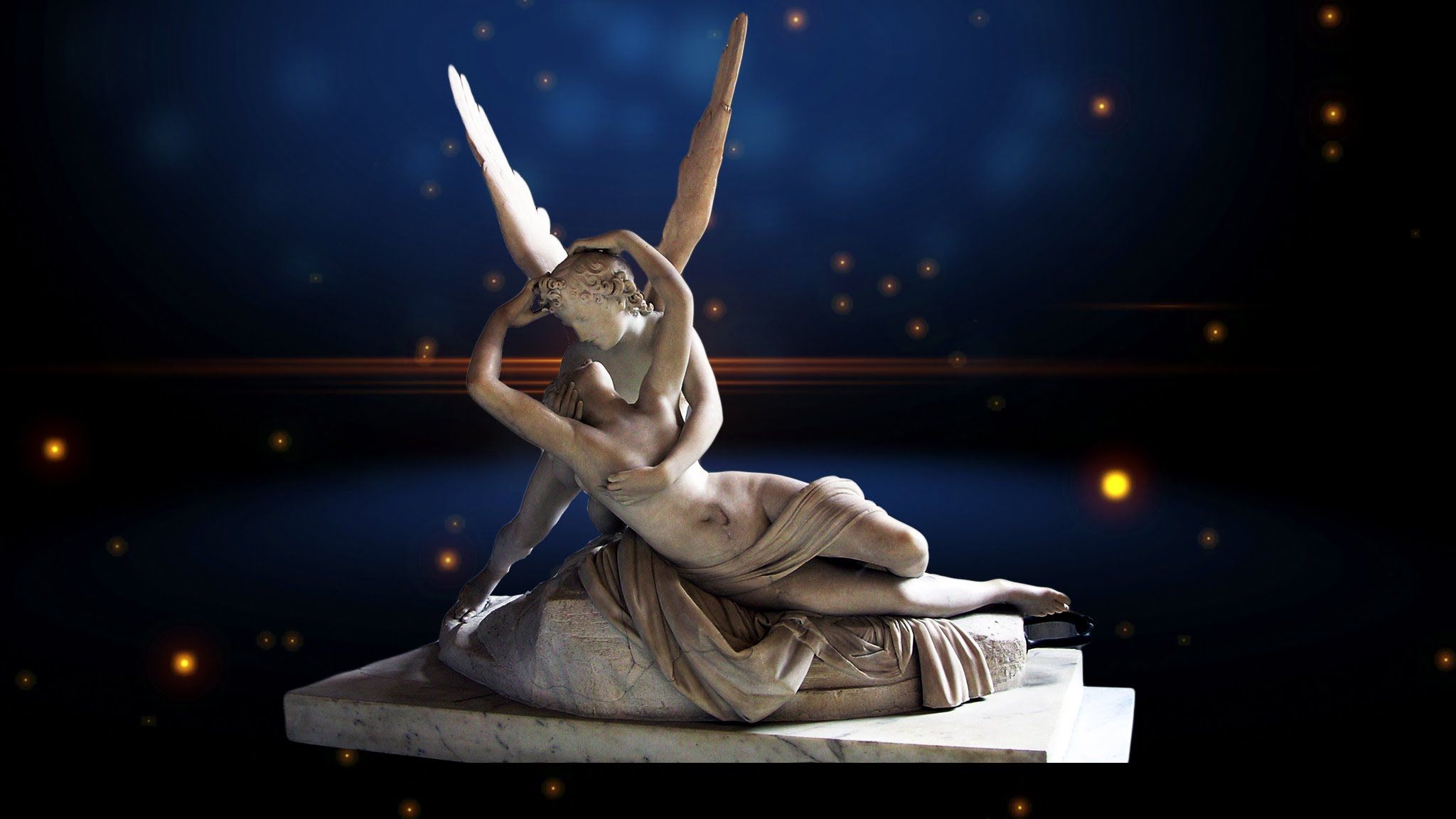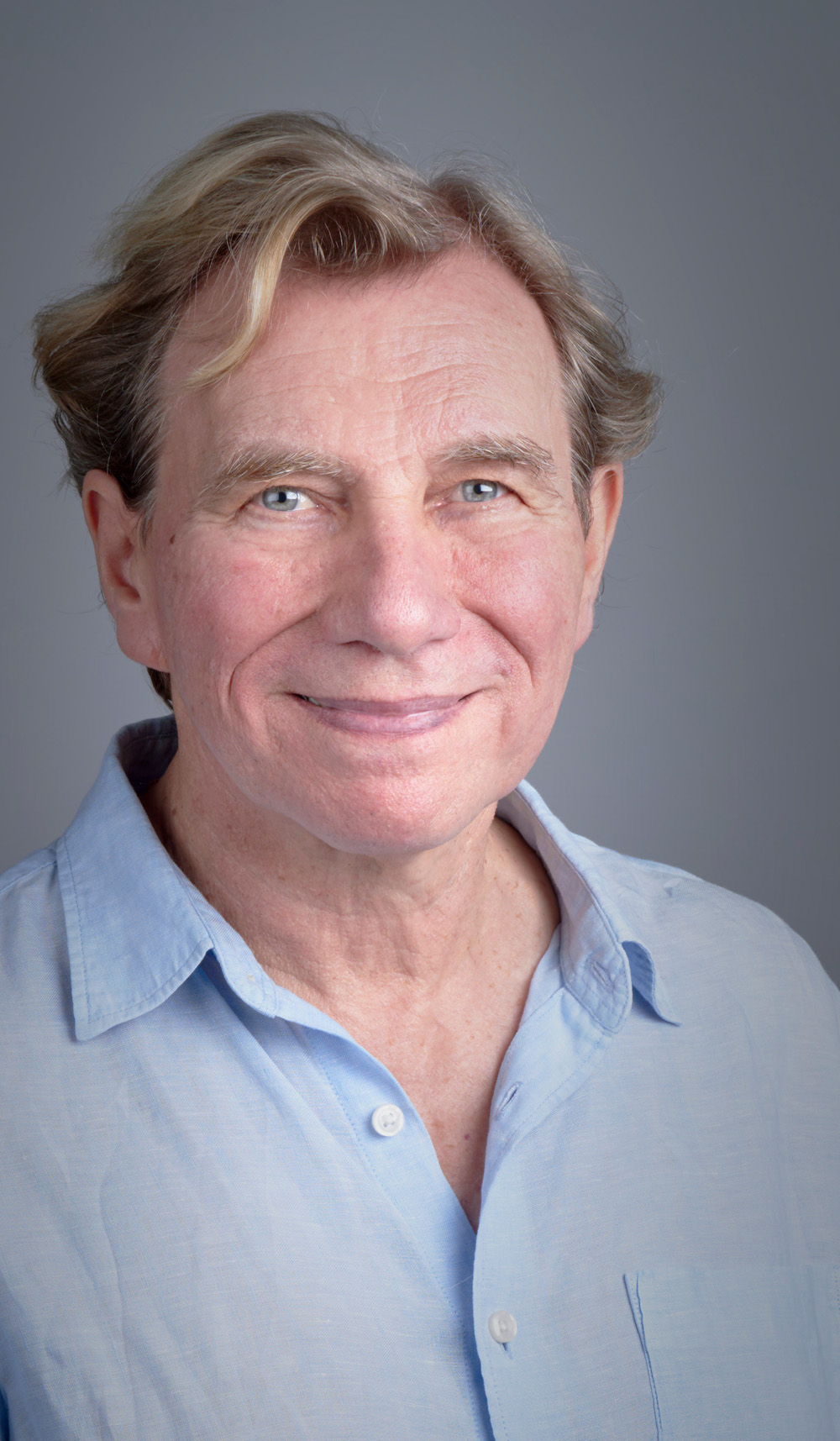Staying at the beach over Christmas, I finally got time to read Jonathan Franzen’s Freedom. What luxury to finish a book in a couple of days, able to read for hours at a time, stretched out on a sofa with a prospect of the sea.
Freedom is a good novel, and good for very traditional, old-fashioned reasons: a wonderful story of a family in our time, a cast of strong characters, and a narrative style that draws successfully on a range of modern American idioms. In all this, he is like a twenty-first century Charles Dickens.
Freedom was immediately hailed as a masterpiece. It was praised by Oprah Winfrey and President Obama, and got Franzen on the cover of Time magazine (what a trifecta!). In fact, as James Bradley remarks in his City of Tongues blog, there has been a ‘slightly hysterical desire to anoint Franzen some sort of literary demigod.’ This has been especially pronounced in the United States where there is, perhaps, a lingering yearning for ‘the great American novel’. This, one suspects, must be ambitious, tackle contemporary ISSUES and the conundrum that is America, and – this is essential – be very long.
Freedom is certainly a long (even over-long) work, and it is a great novel, but it is not War and Peace – with which one review drew an excited, breathless comparison. It has some minor flaws of accuracy (there is no island in the Mediterranean called ‘Cypress,’ for example), but these are unimportant. Some characters give rants about pet hates (cats, iPods) which are excessive, reflecting Franzen’s personal views. These do not benefit the novel. (Franzen is not alone in this weakness, of course. Even Nabokov’s works are peppered with his cranky views on psychoanalysis and ‘Dr Fraud’.) Regardless of their justice, these personal opinions are obtrusive in a novel.
More serious, though, is what we have to call Franzen’s ‘redneck problem’. Freedom examines how it is possible for the individual to live in a modern society like America, and to live in a society with others who are very different to oneself. This applies to family but also to wider culture and the dominant division in American society today, between the climate-anxious, New York Times-reading, Volvo-driving Democrats such as the Berglunds (people like us) and, well … the rest (who are also people like us). Franzen devotes a lot of thought and pages to this issue. For example, it seems a particular curse to Walter Berglund that his son Joey becomes a Republican-backer and gets involved in a very dodgy spare-parts for Iraq scam. Joey comes good, though, and devotes his profits from the scam to charity.
On the whole, once Franzen strays from the domestic scene to a wider portrayal of society, the characters become less authentic and convincing. This is important. A novel about understanding how we must live with others, and how we exercise our freedom in doing so, needs to convincingly comprehend and inhabit those others too, whoever they are. An egregious example in this novel is the portrayal of the two ‘rednecks’: the Berglunds’ neighbour, Blake ( ‘I’m white and I vote’ reads the bumper sticker on his ute) and Coyle (‘Back the fuck off or live to regret it’) Mathis, the hillbilly whose property Walter is trying to buy for his nature conservancy. The fear and loathing Walter feels for both is sharply expressed, yet the characters themselves are almost cartoon-like in contrast to the finely-brushed depiction of the Berglunds and their friends.
Let’s be honest, you wouldn’t choose to live next to Blake or Coyle, but that isn’t the point. It’s not the job of a novelist to make judgements about others (I can do that myself, thanks), but to explore how complex, interesting and human they are, however different – even those who ‘cling to guns or religion’ in President Obama’s notorious phrase. This is a bigger challenge than chewing over the familiar middle-class angst of people like the author and his readers, and Freedom might have been a better novel if it had explored the inner lives of these two characters as well. A telling contrast is Tim Winton’s The Turning where the lives of people the Berglunds would dismiss as junk food-eating ‘trailer trash’ are unfolded with a brutal, unsentimental honesty which yet respects them as individuals and human beings.
I recently read an account of her life by Laura Bush which seems oddly relevant to Freedom. For members of the liberal-minded, organic food-chomping urban elites, there is no greater devil than George Bush, who mishandled the response to 9/11, lied to the world, launched two disastrous wars, and an occupation of Iraq diseased with corruption and institutionalised torture. These are grave matters in the life of America (to which Franzen pays due attention in his novel), but what of the inner lives of Bush, who was responsible for all this, and of his First Lady?
‘It was easy perhaps to be sad in Midland, sad from loss, sad from loneliness’, Laura Bush writes of the Texas desert town where she grew up. It was made sadder still by a key event in her life which occurred when she was 17 years old. Out driving one evening, she ran through a stop sign and rammed another car, killing a school friend. The guilt from this, she freely admits, has left a long shadow over her life. It also contributed to a love of order and security, and corresponding fear of unpredictability and a sense of looming tragedy. It was this woman – a 31 year old small-town librarian who loved Dostoevsky and supported abortion and gay marriage – whom George Bush married and made his confidante. Imagine an alternative (even longer) version of Franzen’s novel, in which we were privy to the private lives and conversations of the Bushes in the White House as well as the Berglunds in Saint Paul, Minnesota …
Yet Freedom is a great novel, and it is not the reader’s job to rewrite it. W H Auden said that ‘American literature is one extraordinary literature of lonely people,’ and Franzen’s novel continues to ask this repeated question of how is it possible to overcome loneliness: to be oneself and yet to live with others? It a question for America as a country as well as for each of us as individuals.




